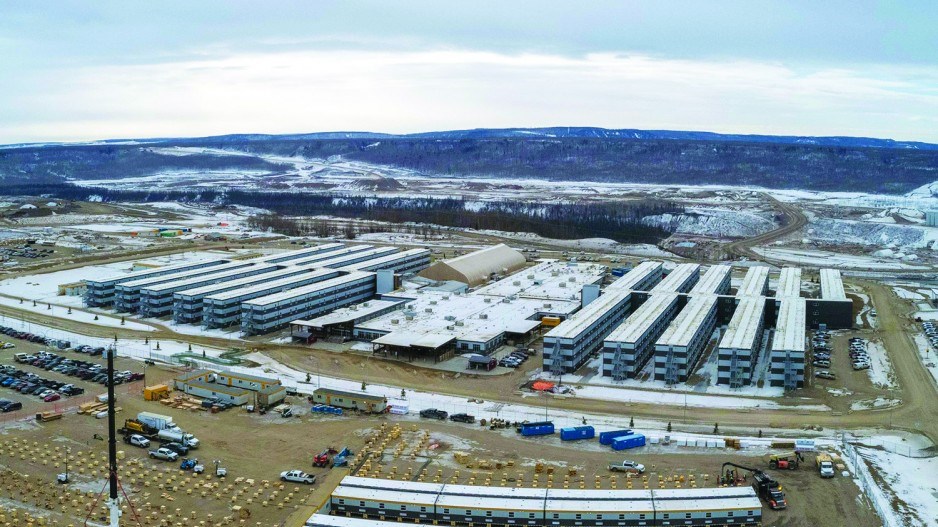Part of a series on the next steps for B.C. businesses across a wide range of sectors as the province edges closer to the easing of COVID-19 safety measures.
Unlike other sectors, like hospitality and retail, big energy projects underway in B.C. have not been forced into a wholesale shutdown by the COVID-19 pandemic, since they were deemed essential, although a number of them with large work camps have had to drastically scale back their work force.
So like all other business in B.C., they are just waiting for the green light from the provincial health officer so they can gradually start bringing workers back to make up for some lost time.
They expect that, even when restrictions begin to ease up, many of the preventive measures now being enforced will remain, such as limits on the number of people on work sites or in work camp dining halls, enhanced cleaning protocols and screening of employees coming in to work camps to begin two-week work rotations.
The four big energy projects in B.C. that were underway when restrictions on travel and physical distancing in the workplace went into effect in March were the $40 billion LNG Canada project, the associated $6.6 billion Coastal GasLink pipeline, the $12.6 billion Trans Mountain pipeline expansion and the $10 billion Site C dam project.
LNG Canada drastically scaled back its workforce in Kitimat in March, reducing the number of workers at the site and in a work camp there by 65% – from 1,800 workers to about 600. There has been one confirmed COVID-19 case at the site.
Ramping back up to pre-pandemic activity depends on guidance from public health officials, said Susannah Pierce, LNG Canada’s director of corporate affairs.
“We really don’t have a timetable for it,” Pierce said. “It’s really just going to have to be when we’re able to do it safely. Typically, we’re going to want to get back to doing those things that have already been underway.”
That includes completing the construction of Cedar Valley Lodge, a 4,500-unit work camp in Kitimat that will house all the workers who are working on site.
“We will not do anything until it’s safe to do so,” Pierce said.
The related $6.6 billion Coastal GasLink project has been less affected by pandemic restrictions than the LNG site construction in Kitimat.
Work has continued to clear the natural gas pipeline route. The project is operating with a reduced workforce right now, with about 300 workers, about 30% of whom are in work camps. But that reduction was more about spring breakup than pandemic health and safety restrictions.
“Typically, we would see construction activities begin to increase after spring thaw in mid-to-late May,” Coastal GasLink said in an email. “However, due to the COVID-19 pandemic, we are currently evaluating, and will adjust our construction schedules as required, prioritizing safety, working closely with our contractors.”
BC Hydro and its contractors have reduced the workforce at the Site C dam work camp to 961. The project would typically have 1,700 workers on site pre-pandemic.
Work on the Trans Mountain pipeline expansion, meanwhile, has never stopped throughout the COVID-19 pandemic. More than 2,000 workers have continued to work on the project in Alberta and B.C. For Trans Mountain, it has basically been business as usual, minus the public protests.
“We expect to have construction underway in every spread and at all our terminals in B.C. and Alberta this summer,” Trans Mountain said in an email. •
This story is part of a series on the next steps for B.C. businesses across a wide range of sectors as the province edges closer to the easing of COVID-19 safety measures. Check out all previous stories in this series, and stay tuned for further stories being published throughout this week.
Previous stories in the series:
B.C.’s road to recovery: Restaurant reopenings could start in May
B.C.'s road to recovery: Province’s fashion retailers face multiple barriers




